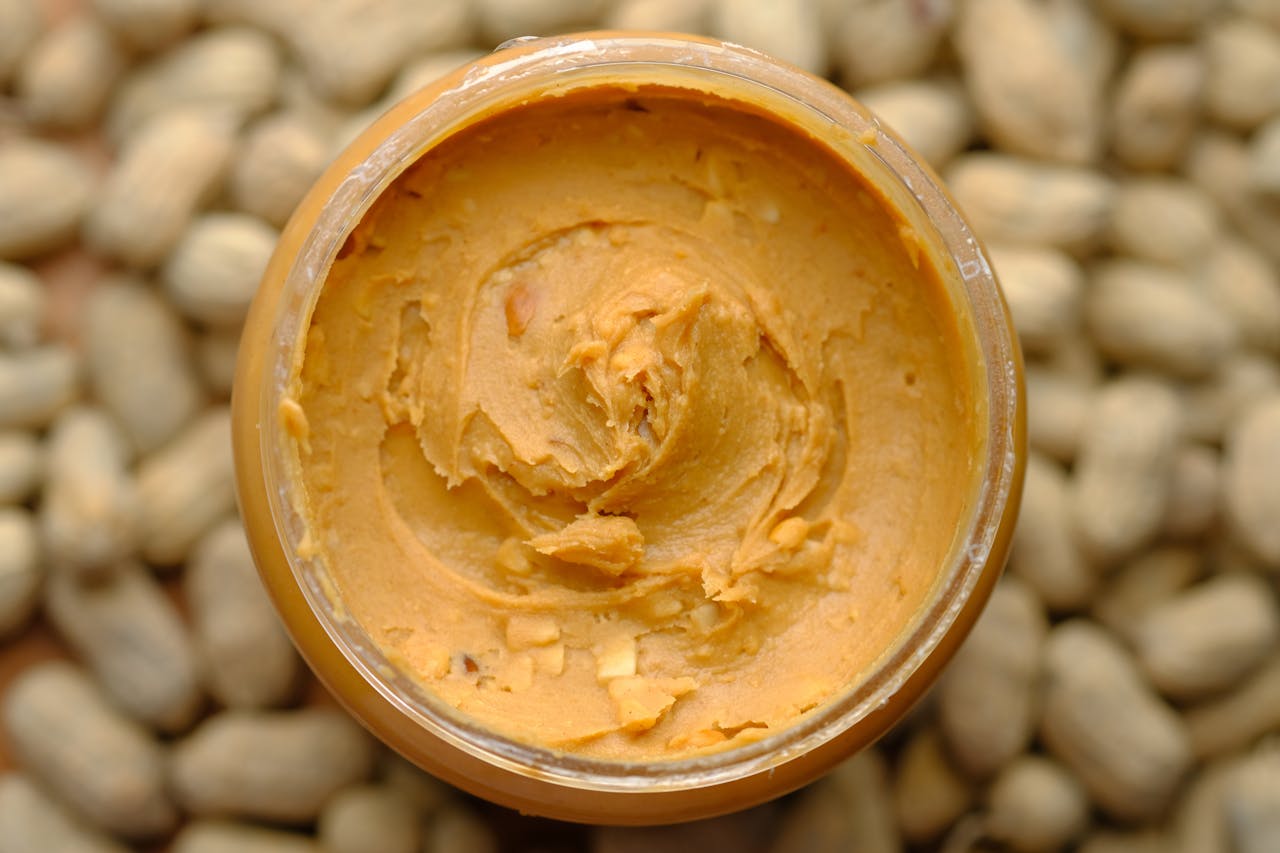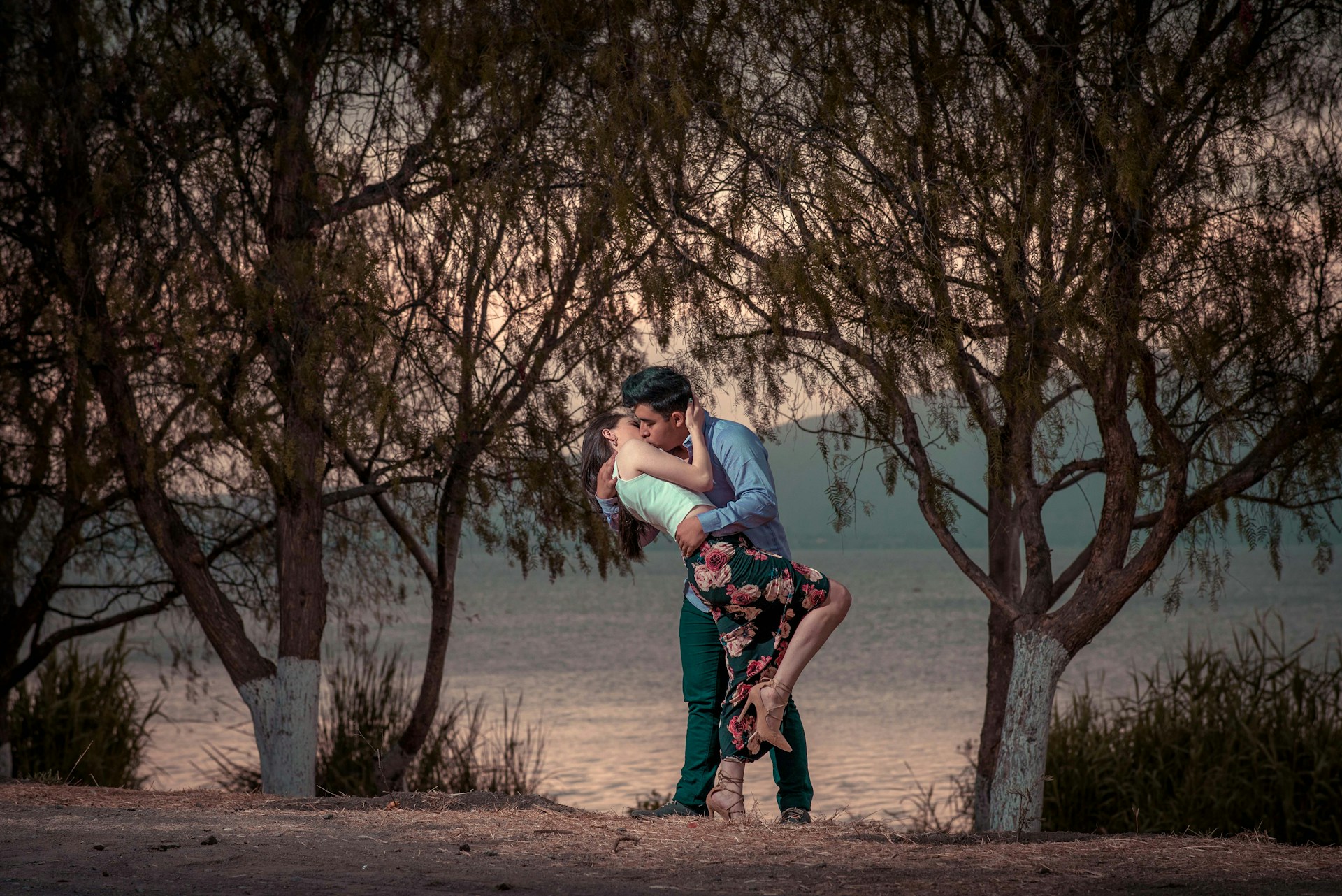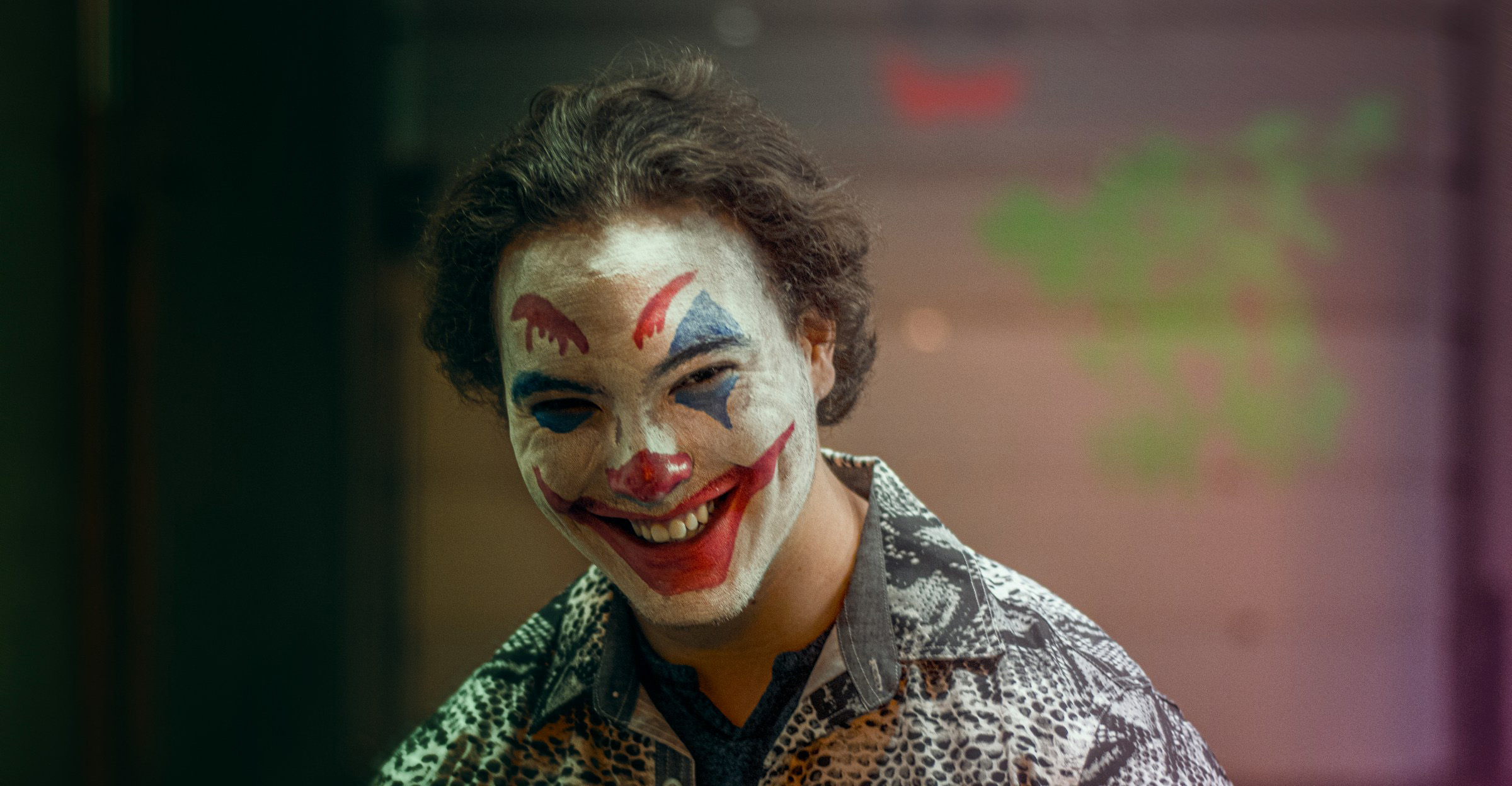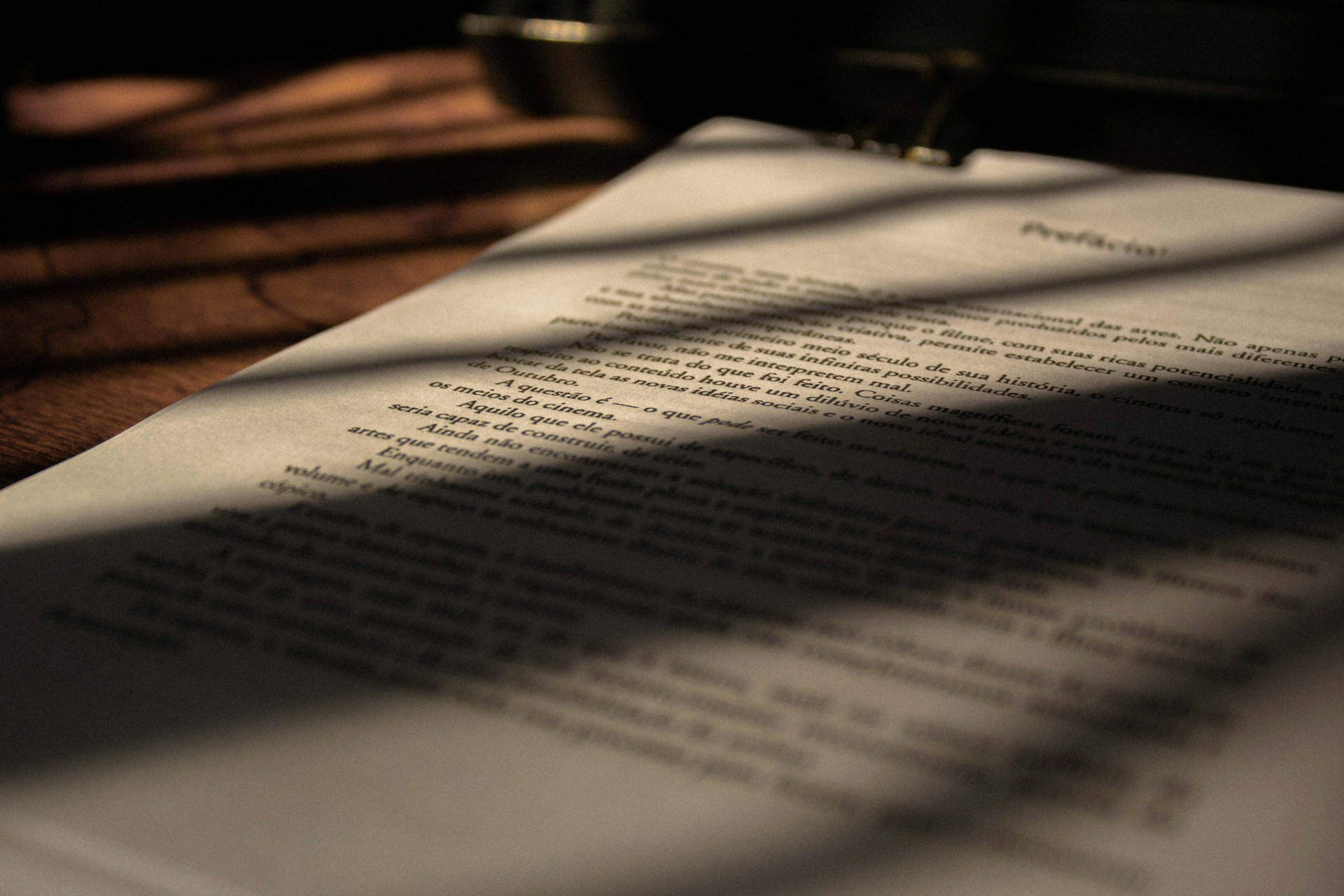I was a teeny bit clumsy when I was younger. Not now, of course. I possess all the coordination of a ballerina. In fact, instead of the phrase ‘graceful as a swan,’ my family says ‘graceful as a Louise.’ Truly, I am the epitome of elegant movements. I haven’t tripped in years. And no one has video evidence proving otherwise.
Unfortunately, child-Louise lacked my grace. She fell. A lot. On everything.
Most children fall down stairs a few times. For me, it was a weekly thing. Unfortunately, I didn’t limit myself to one direction. I also fell up the stairs. Sometimes, I’d trip halfway up the flight, then slide down the rest of the way on my face. This looked much funnier than it felt.
This story is a roundabout way of explaining that I thought about having superpowers quite a bit. The ordinary baby-author might imagine turning invisible to escape the humiliation, but I was too feisty for that. I wanted the stairs to suffer for my bruises. Day after day, my nemesis defeated me. I fantasized of the moment when superstrength would flood into my body. As my foot caught on a stair for the umpteenth time, my lime green sneakers would kick through the wood paneling, causing the entire staircase to crumble like a house of cards.
I was a four-foot gremlin that ran on spite, daydreams, and chocolate. So much has changed. Now I’m taller.
Imagine if my vindictive dream had come true. How would the word handle the sudden appearance of superpowers?
First, let’s take a moment to bask in the awesomeness. Envision a world where you could shoot flames from your fingertips. Imagine making the entire room vibrate with your anger. It would be terrifying and amazing. In a word: terrimazing.
Before we get too carried away with that brilliant world, let’s set our parameters. Because uniformity is boring, I’m going to assume powers vary from person to person. Joe-From-The-Coffee-Shop can shoot lasers from his eyes. Mildred-With-The-Calico-Cat can accurately predict the weather- an astonishing feat in the temperamental state of Texas. Aside from Mildred putting the weather channel out of business, there would probably be a massive labor shuffle as people left jobs for ones their abilities made easy.
But I’m oversimplifying this. Superpowers affect much more than job security. The social ramifications would be immense. The way the world views these abilities will determine how people use them in public. The biggest determiner in the common perception of superpowers depends on the way in which these abilities come into existence.
Why don’t we start by assuming that everyone, everywhere, received superpowers at the same time? In a split second, ordinary life is torn apart. People start flying, shooting lasers out of their eyes, and accurately warning their grandchildren of rain. If it happens to everyone all at once, it limits the social effects. You can’t look at a small group with suspicion or awe if everyone has powers. To quote The Incredibles, “If everyone is special, no one is.”
I’m not a big fan of anime, but I believe the world-building of ‘My Hero Academia’ tackled this question in a realistic way. In the show, the government legislated superpowers to death. They can’t be used in public, or in certain jobs, and career opportunities become limited for those with certain abilities. While infrastructure doesn’t necessarily depend on certain abilities, technology and fashion developed to support those with specific needs.
If these abilities were especially destructive, society would probably place an enormous value on nonviolence. If a single punch will destroy a skyscraper, peaceful living will become essential to maintain communities. Those who can’t keep their tempers or who lose control of their abilities would be excluded. Barring these outliers, the world would keep on turning in much the same way.
In the world of ‘Benevolent Keepers,’ a tiny percentage of the world population gains fantastical abilities in early childhood. This is the polar opposite of the original scenario. If a small set of people gain superpowers, that instantly sets them apart from the rest of society. Some people might despise this group, like how mutants are treated in the ‘X-Men’ comics. Others might revere them as an evolutionary leap forward.
The appearance of superpowers in children also poses additional conundrums. Hate groups would struggle to gain traction if their primary targets were toddlers. It’s much easier to despise an adult. Children are also inherently moldable. Organized groups, like the government, crime rings, and supervillains could pluck those children from their families and train them into weapons.
In the fantastical event that people develop superpowers, it’d probably be best if everyone got them. The alternative scenario would completely disrupt society and lead to a lot of us vs. them thinking. I would still love to have superpowers, but unfortunately I’m mature enough to see the drawbacks. I’ll settle for being slightly less clumsy.
Author: Louise Rainey
Louise Rainey is an author and apocalypse enthusiast. Although she primarily writes in the fantasy and science fiction genres, she’s been preparing for a myriad of untimely disasters since childhood. It’s possible she might’ve read a few too many survivalist books at an impressionable age. Regardless, she’s ready to rock n’ roll at the first sign of zombies, and a Yellowstone eruption will never take her by surprise. When she’s not preparing for the demise of her Texas home, she’s baking, listening to the same song on repeat, or playing with her gorgeous cat, Robin and her monster-dog Percy.
Louise has a degree in psychology and neuroscience and an unofficial doctorate in Random Ridiculous Knowledge. As a child, she won several writing contests, and she’s been trying to top her blue ribbon at the state fair ever since. Her latest published books include Benevolent Keepers and The Frog Eater.
MAKE THE ULTIMATE CONNECTION!
Subscribe now and receive EXCLUSIVE content before anyone else sees it!






